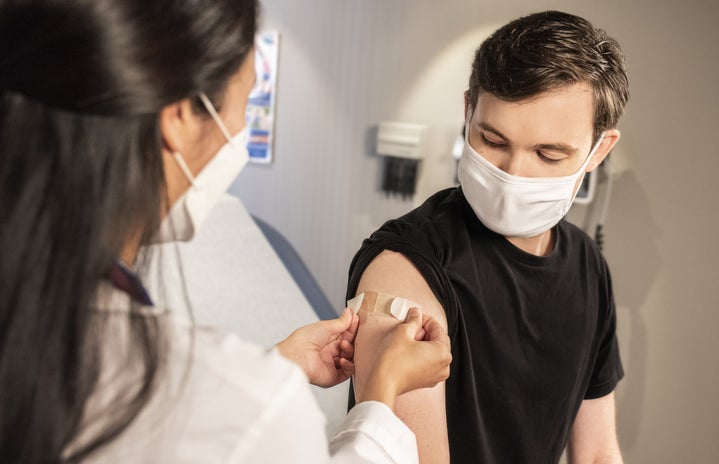By Niamh Withers
Imagine a world where practically everything you own, from the car you drive, down to the medications you take, is designed not for you, but for the opposite sex. Well, if you identify as female, or otherwise have female anatomy, then you don’t have to do much imaginating. As a matter of fact, you don’t need to imagine at all because this is the reality those with uteruses are living today.
Since the start of humanity, women’s needs have been ignored time and time again. One example being car manufacturers testing crash safety and seatbelts using a test dummy that represents the average male. Women are rarely, if ever, considered in the design of products. This form of unequal treatment is called gender bias and it’s a form of implicit bias. This type of discrimination occurs unintentionally, affecting our daily judgements and decisions. While gender bias can occur anywhere, at any time, it is heavily experienced by women seeking medical treatment.
As a woman, it’s difficult to live in a world that is fundamentally designed for men. It can be especially frustrating when your medical concerns are dismissed or belittled because of this. Gender bias in patient care leads to a delay in diagnosis and often, misdiagnosis, causing aggravation and discouragement for many women. As someone who has been in and out of the doctor’s office over the course of the last few years, gender bias in patient care is something I’ve experienced firsthand. The constant dismissal and minimization of my concerns began to enrage me. I was talked down to, as if I don’t know my body better than anyone else. Just to come back to the office weeks later and be told I was right all along. I found that it is primarily male doctors that never take my concerns seriously, even being laughed at when asked if I had lost my menstrual cycle due to a certain medication. However, it’s not just experiences like this that make up the gender bias in healthcare, the very medicine we are prescribed is primarily studied on how it affects the male body. These scientific studies rarely take female anatomy into consideration. This is because scientists view the male body as the “default” for most studies they conduct. Due to the lack of regard for research on women’s bodies, they know less about the female anatomy and how certain medications affect elements such as our hormones.
Gender Bias imprints on our healthcare education and a doctor’s ability to effectively help their patients. Ending this bias starts within the education system. By informing not only our doctors, but ourselves on the dangerous reality of gender bias in patient care, we can hopefully help women get the proper treatment they are seeking.


